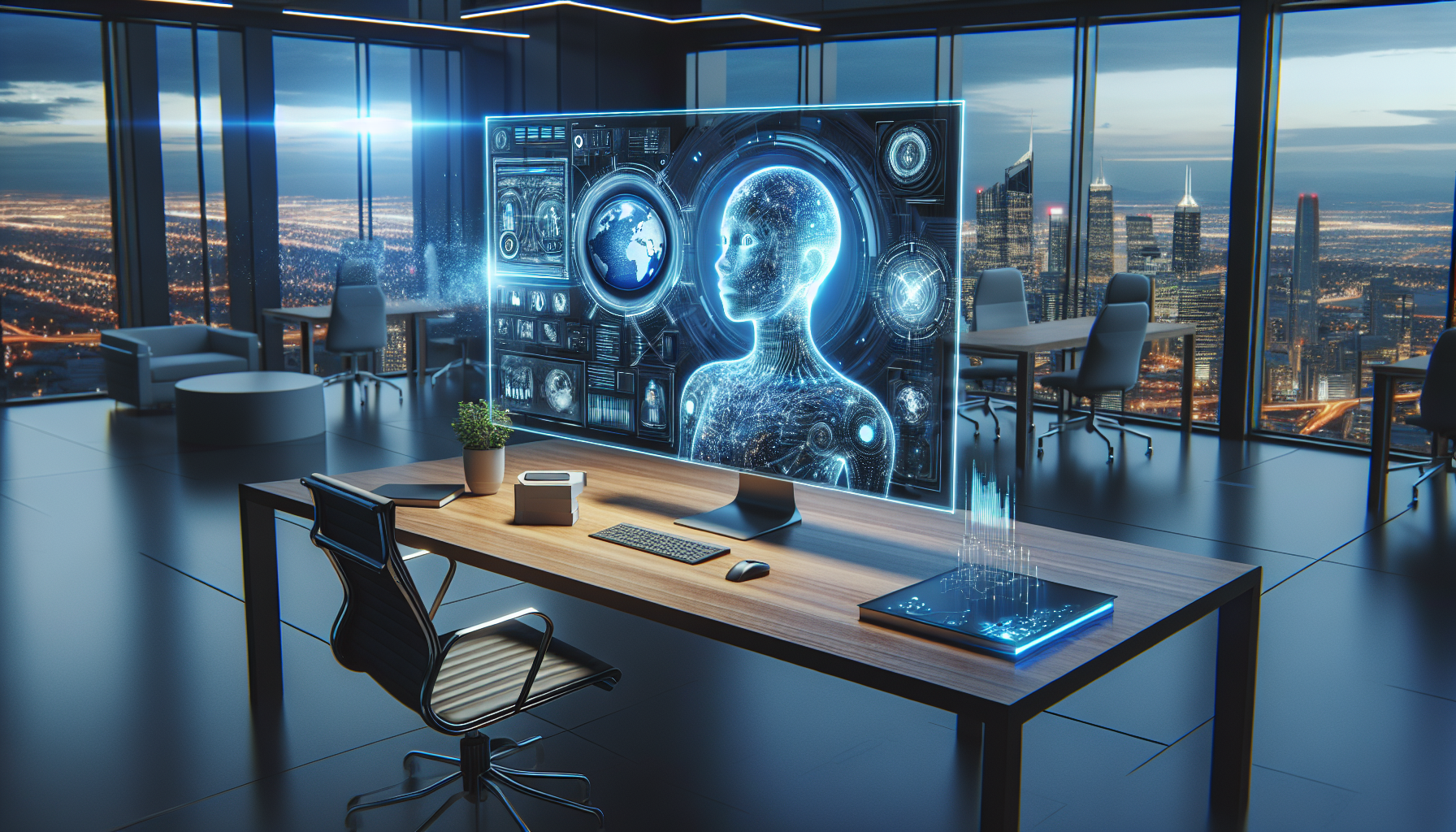
AI and the Future of Work: Embracing Automation for a Flourishing Job Market
June 7, 2025
In a world teeming with technological marvels, artificial intelligence (AI) stands as a beacon of transformative potential, especially when it comes to the future of work. The narrative around AI and job markets often swings between the poles of anxiety and optimism. Yet, a comparative analysis across various industries and historical precedents reveals that the influence of AI can be not only manageable but also profoundly enriching for our professional lives.
History offers us a glimpse into the cyclical dance between innovation and employment. Take the Industrial Revolution, for instance. It was a time when machines displaced jobs, yet simultaneously, they created new roles that required different skill sets. Similarly, AI's integration into the workforce heralds a new era of possibilities, where automation might replace routine tasks, but it also lays the groundwork for unprecedented opportunities.
Consider the manufacturing sector, often cited as a prime example of automation's impact. Robotics and AI have streamlined production processes, enhancing efficiency and productivity. While some manual jobs have diminished, the demand for skilled technicians and engineers has surged. These roles require a blend of technical knowledge and creative problem-solving, showcasing how AI fosters an environment where human ingenuity is more valuable than ever.
Moreover, the healthcare industry exemplifies AI's potential to augment human capabilities. AI systems are revolutionizing diagnostics, enabling faster and more accurate detection of diseases, which frees medical professionals to focus on patient care and complex decision-making. This shift does not eliminate the need for healthcare workers; instead, it enhances their ability to deliver care, ensuring a healthier future for all.
Education, too, is undergoing a paradigm shift thanks to AI. Personalized learning platforms are emerging, tailored to individual students' needs, enabling educators to spend more time nurturing critical thinking and creativity. Educators are evolving into facilitators of knowledge, guiding students through a landscape where learning is dynamic and personalized.
While AI's impact on the job market is undeniable, the transition requires proactive adaptation both from workers and educational institutions. Reskilling and upskilling become crucial in this context. Embracing lifelong learning can empower individuals to pivot towards new careers that AI technology creates. Governments and organizations play a pivotal role in facilitating these transitions, ensuring that the workforce evolves in tandem with technological advancements.
Yet, the transformation AI brings is not merely about adapting to change but actively shaping it. By fostering a culture of innovation and resilience, we can steer AI's trajectory towards societal benefit. Initiatives that promote ethical AI development and deployment are paramount. Ensuring transparency, accountability, and inclusivity in AI systems can mitigate biases and build trust, paving the way for a collaborative future between humans and machines.
The narrative of AI-induced job loss often overlooks the creative potential AI can unlock. In fields like art, design, and music, AI tools are emerging as collaborators, offering new mediums for expression and pushing the boundaries of creativity. Artists and creators are using AI to explore uncharted territories, enriching human culture in ways previously unimaginable.
As we stand on the cusp of this AI-driven transformation, it's essential to view the future of work not as a challenge to be feared but as an opportunity to be embraced. The key lies in our ability to adapt, innovate, and harness AI's capabilities to enhance our human potential. As AI reshapes industries, it also reshapes the very notion of work, urging us to redefine success and fulfillment.
What paths will we choose as we journey into this AI-enhanced future? How can we ensure that the benefits of automation are equitably distributed, fostering a society where technology empowers rather than displaces? The answers lie in our collective imagination and action, inspiring us to envision a future where AI and humanity flourish together.


